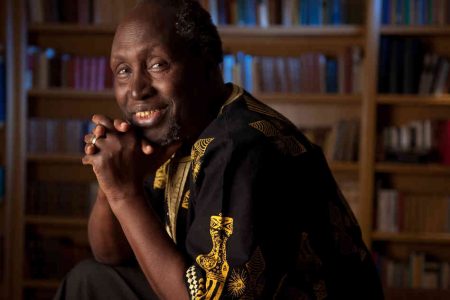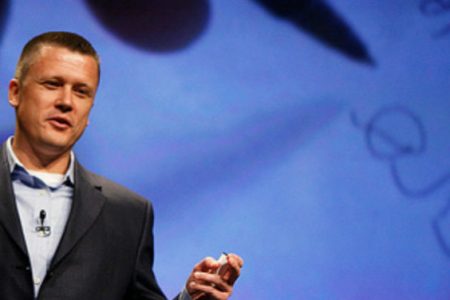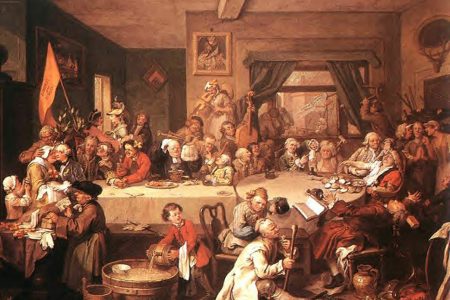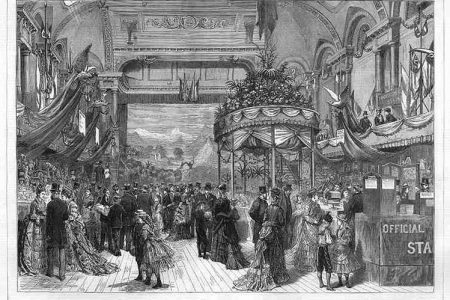English Reading Series, Wednesday, April 2, 12:00 p.m, HBLL.

Think clearly. Act well. Appreciate life.

English Reading Series, Wednesday, April 2, 12:00 p.m, HBLL.
LECTURES INTERVIEWS ANNUAL SYMPOSIUM

Nancy Armstrong, the Gilbert, Louis, and Edward Lehrman Professor of English at Duke and also editor of the prominent journal Novel: A Forum on Fiction. Her talk is entitled, “Bio-Political Jane Eyre”. Wednesday , March 19, 12pm, JFSB 4186/88.

“Disappearing Languages,” K. David Harrison (Swarthmore College) October 17, 3:00-4:30 p.m., JFSB B192 (Education in Zion Theater) K. David Harrison is a linguist, author and activist for the documentation and preservation of endangered languages teaching atSwarthmore College and affiliated with the National Geographic Society. His research focuses on the Turkic languages of central Siberia and western Mongolia. …

Anca Sprenger will give a talke entitled, “Romanian Cinema: Before and After”. Thursday, March 6, 3pm, JFSB 4010.

Dr. Amy Harris, Associate Professor of History will present her work, “Leaving a Legacy” from A Single View: Family Life and the Unmarried in Georgian England. Feb 18, 4:15-5:15pm, 2114 JFSB.

Kerry Soper will discuss an exploration of the ideological complexities of parody and satire in MAD magazine, with a focus on the long-running, back page “fold-ins” by Al Jaffee. ”It’s a MAD (magazine) world: Ideological ambivalence in the journal’s back-page, ‘fold-in’ parodies”, February 13 at 3pm in room 4010 JFSB.

Jacqueline Goldsby (English Department, Yale University), “The Art of Being Difficult: the Turn to Abstraction in African American Poetry and Painting during the 1940s and 1950s,” Friday, March 7th, 1:00-2:30 in JFSB B192 (Education in Zion Theater).

Leslee Thorne-Murphy and Frank Christianson will discuss how the nineteenth-century culture of altruism raised fundamental concerns about the relationship between the public, private, and nonprofit sectors that continue to shape debates over the role of philanthropy in civil society. That conversation, in turn, has bearing on how we frame a public role for the Humanities …